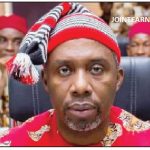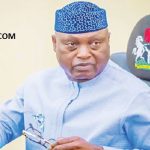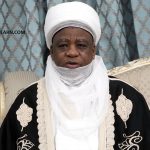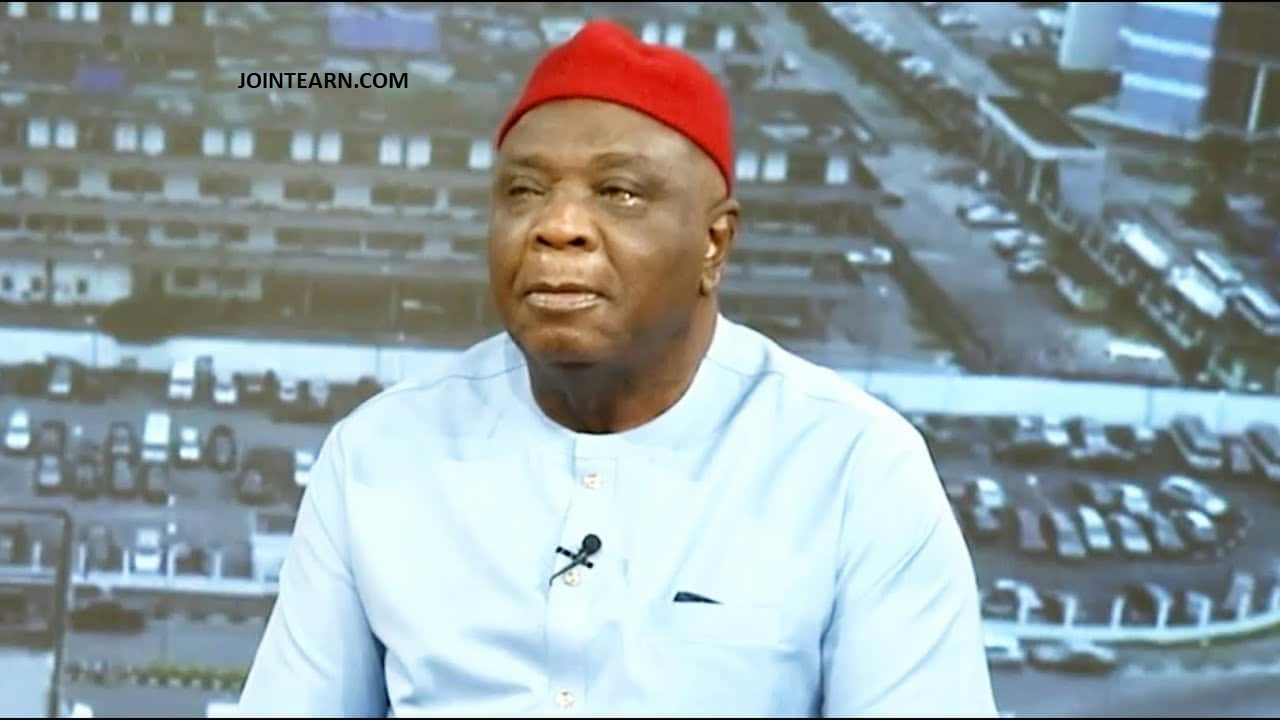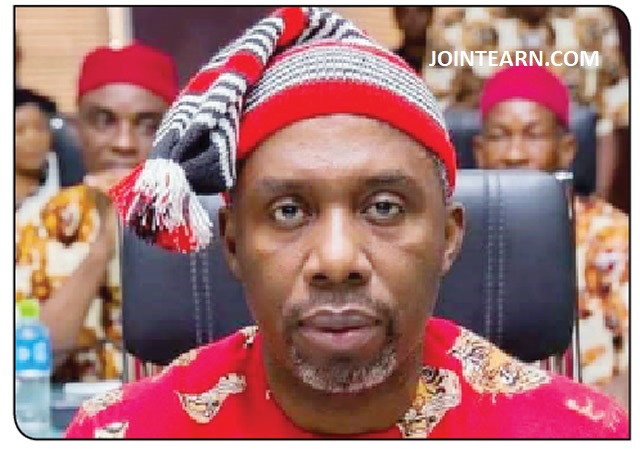Ahead of the 2027 general elections, political figure and key player in the Nigerian political landscape, Dan Ulasi, has praised the candidacy of Peter Obi, the Labour Party’s presidential candidate in the 2023 election, as a critical factor for progress in Nigerian politics. Ulasi, who is known for his outspoken nature and analysis of national political affairs, took the opportunity to express his views on the current state of the People’s Democratic Party (PDP), claiming that certain inordinately ambitious individuals within the party have hindered its potential for progress.
Ulasi, a veteran in Nigerian politics, argued that despite the challenges faced by Obi during the 2023 elections, the former Anambra State Governor represents a vital change in the political status quo, offering a refreshing alternative to what he perceives as the outdated ideologies of some established political parties, including the PDP.
“Peter Obi has a unique appeal to the Nigerian people. His vision for the country is centered on economic reforms, youth empowerment, and good governance—values that resonate with the aspirations of the average Nigerian,” Ulasi said in a recent interview. He also emphasized that Obi’s campaign in 2023, while falling short of a victory, highlighted the growing desire for a shift in the political landscape, particularly among the younger demographic.
Ulasi, however, also took aim at the leadership of the PDP, pointing out that it has been plagued by individuals whose personal ambitions have undermined the party’s unity and focus. He stressed that the PDP, once a dominant force in Nigerian politics, has struggled to maintain relevance due to infighting and competing egos within its ranks.
“For a party that has been in power before, it is troubling to see how internal power struggles have overshadowed the party’s potential to lead the country,” Ulasi said. “Some of the individuals within the PDP are far too focused on their personal ambitions and are not thinking about what is best for the country. They are more concerned with who controls the party rather than building a united force that can compete effectively in national elections.”
Ulasi went on to say that the future of Nigerian politics depends on a willingness to embrace new leaders who are committed to genuine progress rather than self-serving interests. He suggested that Obi’s candidacy in 2027 could be the solution to the political stagnation that has marred the country’s development in recent years.
“Peter Obi is a progress factor in the sense that he has shown Nigerians a different way of doing things. His call for restructuring, economic reforms, and anti-corruption measures aligns with the demands of the people. If the PDP does not recognize the need for change and continue to be distracted by internal squabbles, they risk losing the opportunity to take the reins of power in 2027,” Ulasi warned.
Ulasi also pointed to the rise of other political parties like the Labour Party, which is gaining significant traction in the South East and beyond, as evidence that the country is evolving politically. He believes that Nigerians are becoming more conscious of the need for leaders who can deliver tangible results, and not just political elites who continue to recycle old ideas without any real action.
“The political atmosphere in Nigeria is changing,” Ulasi remarked. “You have parties like the Labour Party stepping up, offering a platform that resonates with the youth, the working class, and ordinary Nigerians who are tired of the same old rhetoric from established parties. The PDP needs to understand this shift and focus on presenting a credible candidate who embodies the change Nigerians are looking for.”
While Ulasi has made it clear that he is not entirely dismissing the PDP as a viable political entity, he stressed that the party’s survival in 2027 and beyond would depend on its ability to recalibrate its leadership and rid itself of the entrenched ambition that has stalled its progress. He called for a broad and inclusive discussion within the party about its future direction, one that prioritizes national interest over individual gain.
Ulasi’s comments come at a time when the political dynamics within Nigeria are rapidly changing. With the emergence of more diverse political voices and shifting public expectations, there is a growing sense that the 2027 elections could mark a turning point for Nigerian politics. The call for transparency, accountability, and good governance has never been louder, and leaders like Obi are seen as key to fulfilling these demands.
As 2027 draws nearer, Ulasi’s analysis of the political landscape continues to provoke thought among both political analysts and the public. His endorsement of Peter Obi’s role in the nation’s progress offers a glimpse of the future he envisions, one in which leadership is defined by vision, integrity, and a commitment to national development rather than personal ambition.
Whether or not the PDP can overcome its internal challenges and present a formidable challenge to Obi and the Labour Party remains to be seen. However, Ulasi’s statements add to the growing conversation about what Nigeria’s political future could look like—and the key factors that will determine its direction.

